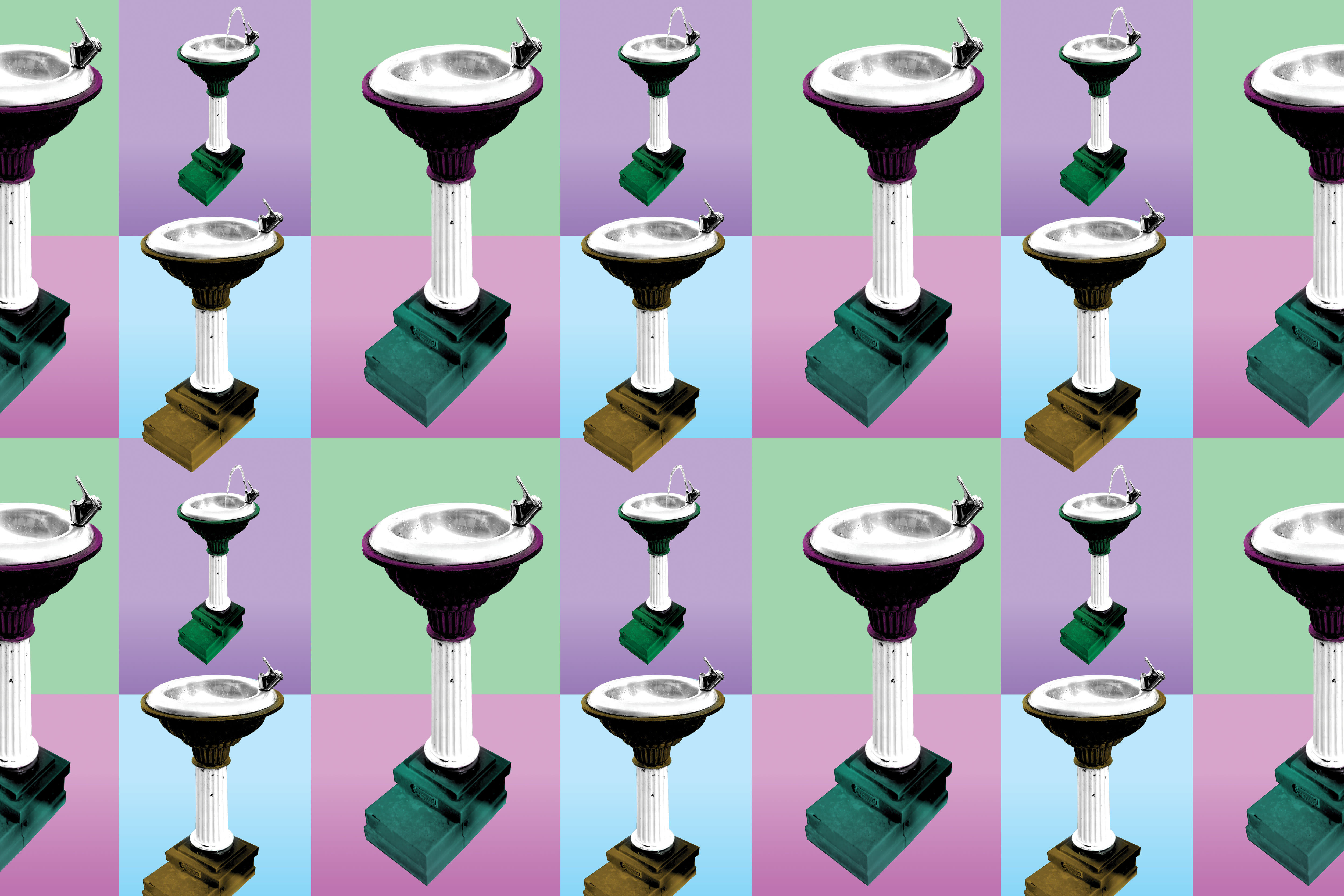Anti-Semitism Creeps into Recent Black Lives Matter March
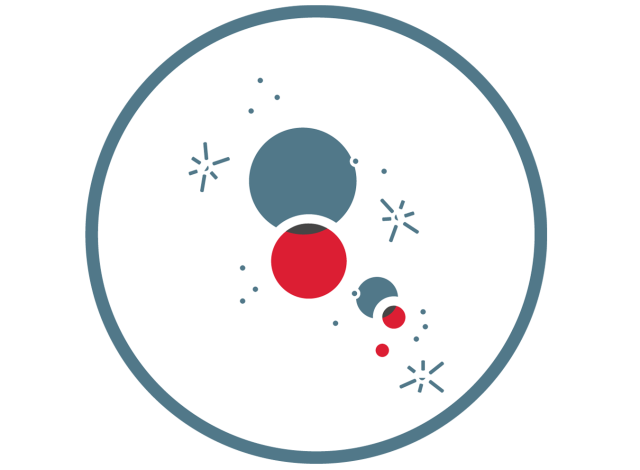
1. A YouTube clip from a recent Seattle Black Lives Matter march captures a flash of anti-Semitic rhetoric.
The August 9 march, held to mark the anniversary of Michael Brown's death at the hands of the Ferguson police, and featuring speeches against police brutality, gentrification, and racism, wound its way from Seattle Central Community College to the East Precinct cop shop into the Central District—making a stop at Uncle Ike's, the controversial pot store at 23rd and Union.
The store had been the subject of protests and lawsuits earlier this year by the neighboring African American church because the store's location was seen as disrespectful to the church; the lawsuit argued that the church operated a teen center—which should have prevented the pot store from setting up next door. The location, in the heart of the C.D., was also seen as a slap at a community that has been wrecked by a "War on Drugs" that has disproportionately targeted black men for selling and smoking pot. The new yuppie pot den is also seen as a symbol of gentrification.
One speaker (who isn't identified), accuses Ike's of bullying the neighborhood, and starts out saying that when the owner of the store, Ian Eisenberg, who's Jewish, first showed up in the neighborhood, "his weirdo ass" tore down posters for the Umoja Fest, the annual African heritage summer festival in the C.D. Eisenberg says he took down posters on the property he owned across the street from the pot store because he was in the process of selling that spot.
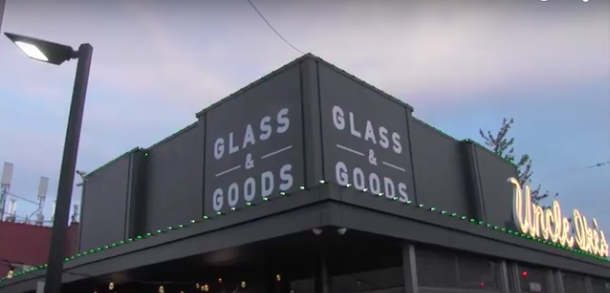
Praising activists for confronting Eisenberg, the speaker goes on: "They told him what time it was. They told him, you don't come into a black neighborhood and start throwing your weight around. Especially when you're coming from Israel. And you're former IDF [Israeli Defense Forces]."
Eisenberg, 47, is not from Israel. Nor does he have anything to do with the IDF, the Israeli army. Eisenberg was born and raised in Seattle, he says.
Referring to longtime local African American activist Omari Tahir Garrett, who reportedly put up the posters, the speaker concludes: "My message to Eisenberg is, 'you keep your hands off Omari or someone's going to come see you, alright.' We're not playing out here. We've been seizing buildings. We've been dealing with reactionary crackers just like yourself... Give me a what's up if you're the soldiers for Omari out here," the speaker says to cheers.
Jarred by the footage, Eisenberg alerted the Anti-Defamation League yesterday.
2. With Seattle Public Utilities water reservoir supply about 10 billion gallons shy of where it was last year at this time, the city has upped its Water Shortage Response Plan from "Advisory" to "Voluntary" (the final levels are "Mandatory" and "Emergency.")
While local water consumption in mid August (165 million gallons a day) was below the 193 million gallons a day average between 1999-2008, it was higher than the 158 million gallons a day average during the same period last year—not a good trend when we were hovering around zero inches of snowpack this winter as opposed to the typical 30 inches last year.
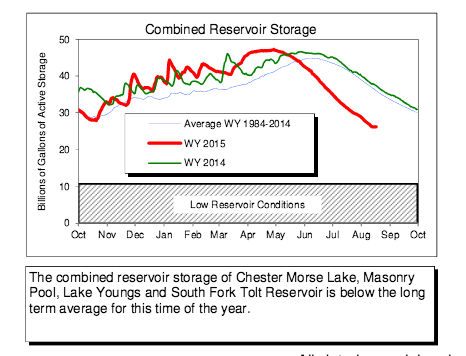
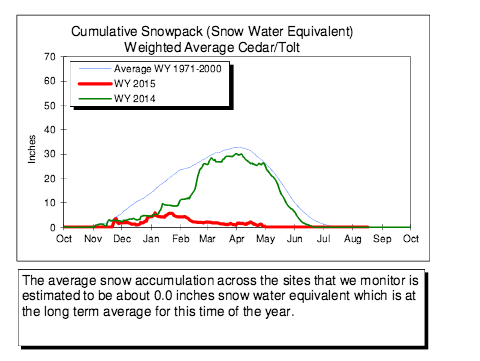
SPU advises:
After unusually hot weather, the region’s all-time driest May-July, and in preparation of a potentially drier-than-normal fall, Everett, Seattle, and Tacoma moved to the second stage of their water shortage response plans.
The three cities are working together to manage water supplies for people and fish during the drought and higher-than-normal water use. They are asking customers to help by voluntarily reducing water use by 10%.
The best ways you can reduce your water use include: Let your lawn go dormant and limit plant watering to twice a week; water plants before 8 a.m. or after 7 p.m.; reduce your showering time; check for and fix leaks, including checking your toilets for silent leaks; wash only full loads of laundry and dishes.
